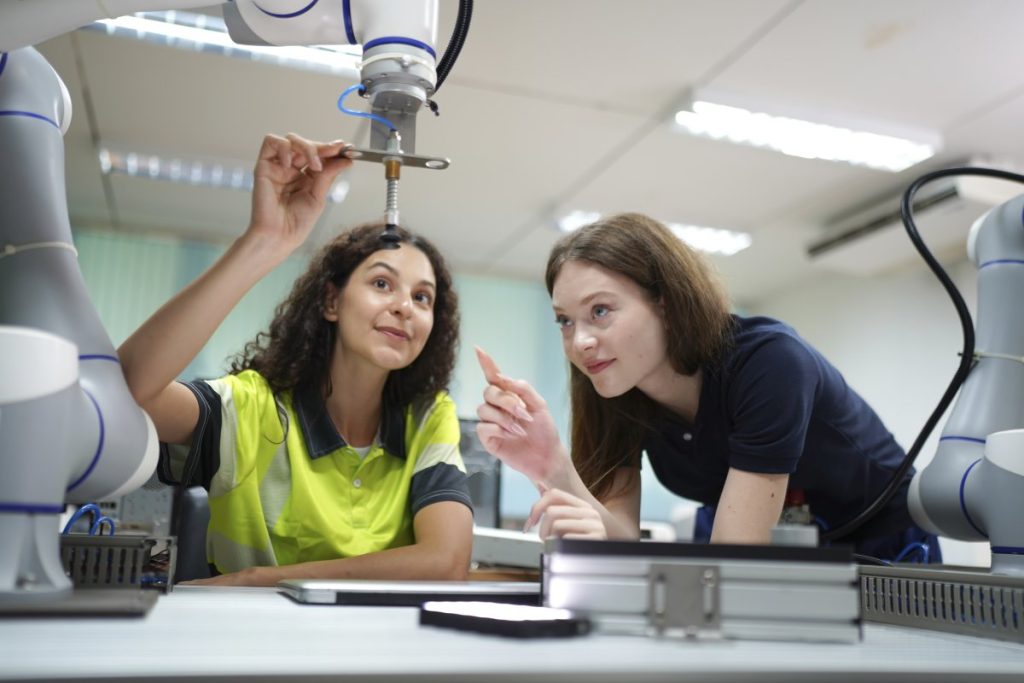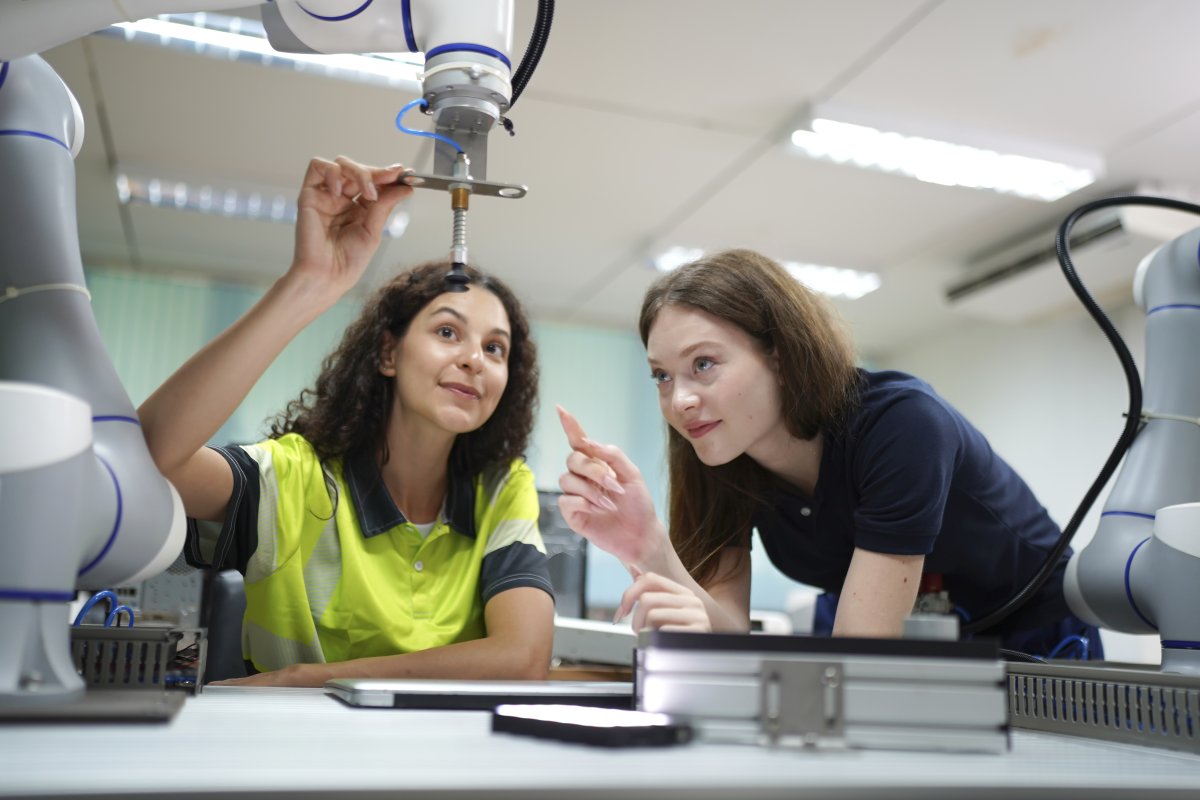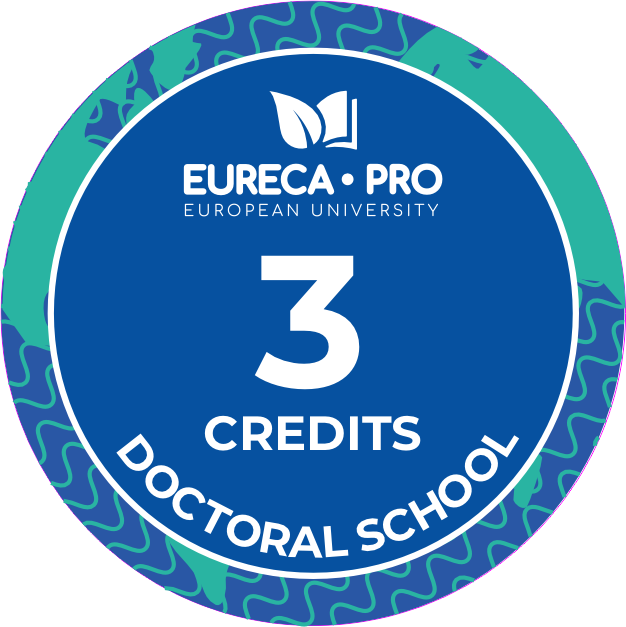This course provides learners from diverse backgrounds with a strong foundation in the principles and practices of research ethics and integrity.
It is designed to support students, researchers, professionals, policy-makers, and the wider public in understanding how responsible science underpins credibility, transparency, and societal trust:
For students
it offers an essential introduction to ethical reasoning and academic honesty.
For researchers and academics
it deepens awareness of evolving standards that safeguard scientific quality.
For industry professionals
it clarifies regulatory expectations and ethical norms in technology-intensive sectors.
For the general public
it opens a window onto how science works, why integrity matters, and how ethical challenges shape innovation, safety, and sustainability.
Participants will gain practical tools to engage responsibly with research, communicate science ethically across audiences, and critically assess scientific claims in an era of misinformation and rapid technological change. The course also equips learners to reflect on their own responsibilities, whether as scientists, professionals, or informed citizens — in promoting ethical knowledge creation and dissemination.
Key information
- Course Start Date: 21 October 2025
- Learners who wish to participate synchronously, attend the live online lectures and get 3 ECTS are invited to join from this date.
- The course will also be offered in an asynchronous format, allowing participants to complete it at their own pace.
Registration for the asynchronous mode remains open until the end of the course.
Competencies:
- Ethical reasoning in relation to research and innovation.
- Good research practices, including authorship, data management, and collaboration.
- Ethics of science communication to expert and non-expert audiences.
- Critical awareness of the ethical and institutional landscape of modern science.
- Risk assessment in relation to conflicts of interest and integrity.
- Understanding of global frameworks, codes of conduct, and institutional mechanisms for research integrity.
Learning outcomes:
By the end of the course, participants will be able to:
- Explain key principles of research ethics and integrity.
- Identify and analyse ethical issues such as plagiarism, falsification, and unfair authorship.
- Communicate science responsibly and transparently.
- Navigate ethical dilemmas in collaboration, publication, and data sharing.
- Apply international standards (e.g. ALLEA, COPE, Singapore Statement) to real-world cases.
- Evaluate research misconduct and reflect on appropriate responses.
- Recognise their personal and professional responsibility in maintaining scientific values.
Lecture Schedule
Lecture Schedule
-
Weekly lectures, starting 21 October 2025
-
Week 1 (20–26 October)
Lecture 1: Introduction to Science Ethics: What is a misconduct?
Overview of the history, values, and social role of science, and why ethical standards are essential to credibility and trust. -
Week 2 (27 October – 2 November)
Lecture 2: Opinion, Belief, Knowledge: A Case-Study on "Knowing"
Prof. Gunter Süß, Mittweida University of Applied Sciences
In the lecture, the central Kantian concepts of "opinion, belief, knowledge" will be contextualized in terms of cultural history and philosophy. As a result, it will be clarified why science and expert knowledge has had such a difficult time in recent decades and - conversely - why, for example, some people are convinced that they are governed by reptiloids. What comprises the fascination of conspiracy theories and what explanations do they offer? -
Week 3 (3–9 November)
Lecture 3: Responsible Research and Innovation (RRI)
Integration of ethics, public values, and sustainability into the research and innovation process. -
Week 4 (10–16 November)
Lecture 4: Codes of Conduct and International Guidelines
Study of key international documents (ALLEA, COPE, Singapore Statement, OECD), their application, and limitations in practice. -
Week 5 (17–23 November)
Lecture 5: Authorship and Collaboration
Criteria for authorship, strategies for avoiding disputes, collaboration management, and navigating power dynamics. -
Week 6 (24–30 November)
Lecture 6: Conflicts of Interest and Institutional Responsibilities
Identification and management of conflicts related to funding, partnerships, and peer review processes. -
Week 7 (1–7 December)
Lecture 7: Peer Review and the Ethics of Evaluation
Responsibilities of reviewers, editors, and evaluators, with a focus on bias, confidentiality, and transparency. -
Week 8 (8–14 December)
Lecture 8: Data Ethics and Open Science
Reproducibility, data sharing, confidentiality, and the stewardship of data in open science contexts. -
Week 9 (15–21 December)
Lecture 9: Science Communication: Ethics and Integrity
Vanessa Juliane Herrmann, Mittweida University of Applied Sciences
The lecture offers an overview of the foundations and evolution of science communication, tracing its development from early popular science and the deficit model to contemporary dialogical and participatory approaches. It addresses the ethical challenges of communicating science in an age of misinformation and polarization, emphasizing the power and risks of narratives and the “crisis of facticity.” Drawing on Dahlstrom’s insights on storytelling and Kaldewey’s analysis of post-truth communication, it explores how scientists can balance accuracy, trust, and persuasive impact. Case studies on COVID-19, vaccine hesitancy, and climate change highlight the ethical dilemmas of maintaining integrity while informing and engaging the public. -
Week 10 (5–11 January)
Lecture 10: Case Studies of Research Misconduct
Examination of real-world cases of misconduct, with analysis of root causes, impacts, and institutional responses. -
Week 11 (12–18 January)
Lecture 11: Ethics in Industry, Pharma, Agro, Sustainability and Resources
Sector-specific ethical challenges, including balancing innovation, safety, sustainability, and integrity. -
Week 12 (19–25 January)
Lecture 12: Future Narratives
Prof. Gunter Süß, Mittweida University of Applied Sciences
In contemporary media culture, a specific form of AI has dominated public debate. This “corporate AI” (James Bridle) is exemplified by LLMs and their respective ‘Co-Pilots,’ image and video generating tools, face-recognition software, and surveillance techniques. In this paper, I want to trace some of the social, cultural, and technological developments which have led to this particular notion and vision. Moreover, I will juxtapose these narratives of alleged productivity and creativity with the underlying narratives of the “techbros” and their “Californian Ideology” (Richard Barbrook and Andy Cameron). Concepts that maybe discussed include: Techno-Solutionism, Libertarianism, Transhumanism, Human Enhancement, and Accelerationism. - Note: The exact lecture dates will be announced in advance during the preceding session.






